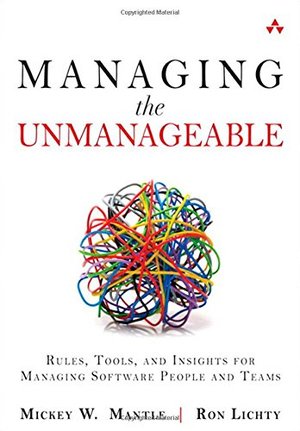Each week, we release a summary of our Expertship reading, reports and research. Subscribe below to receive these updates by email.
Research summary Friday 5 Feb 2021
What style of learning most efficiently increases expert effectiveness?
Over the longer term, can mastery be achieved by “learning on the job”, and if not, what is to the most effective way to become a master expert.
It is inevitable experts will reach a level of performance that feels like success because it “meets expectations”. Constant pushing to be purposefully uncomfortable is the only way to reach mastery.
Insights
Real mastery cannot be learned “on-the-job”. It requires deliberate effort and focus to be in a continual state of stretch by applying new knowledge in different ways.
-
Experts need to learn more than other roles to keep providing the best insights, advice and value. Organisations need to shift from egalitarian training budgets to reflect the intense training requirements of experts.
-
Expertise is learned best from others. Create opportunities for experts to network and get exposure to people in their field they can learn from and share ideas.
-
Experts can identify potential innovations well before others. Provide the tools and training to allow experts to monitor trends relating to their field and then provide insight to leaders as to how trends may impact the organisation.
-
To identify junior future expert talent, organisations should focus on finding people who are passionate about their field. Zealots. It is this passion and motivation that is required to go through the development requirements of reaching mastery.
In this review:
-
The Making of an Expert - Harvard Business Review
-
“The Expert Mind”, Philip E Ross, Scientific American, August 2006
Real mastery is not learned “on-the-job”. It requires deliberate effort and focus to be in a continual state of stretch.
Key points
Research sourced from books highlighted in this update prove that high quality coaching and mentoring appears to be almost mandatory to support the intense development that is required to achieve mastery. Also:
-
What matters is not experience per se but “effortful study,” including but also outside of training, continually tackling challenges that lie just beyond one’s competence.
-
Motivation appears to be a more important factor than innate ability in the development of expertise.
The longer somebody is in a field, the less of an expert they become.
- Many experts do not move beyond a level of “comfortable performance”. Improvements in achievement have been proven to not be automatic consequences of more experience. In fact, long experience without regular development has proven to often lead to achievement levels lower than more junior experts.
Learn more
Expertship research summaries are written by our Chief Research Office Darin Fox.
Subscribe to The Master Expert Blog using the form below, and you’ll receive monthly updates from Darin.




